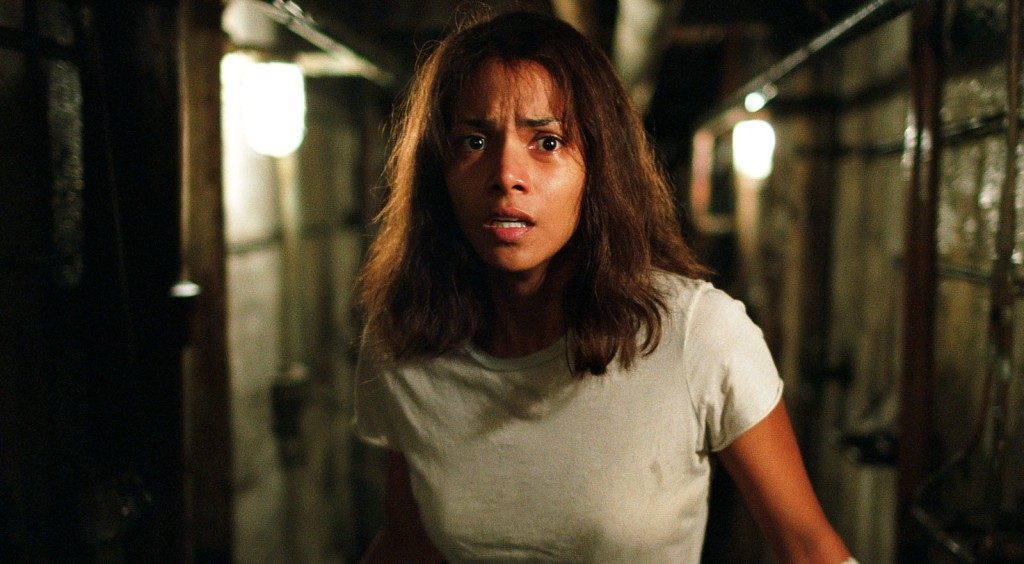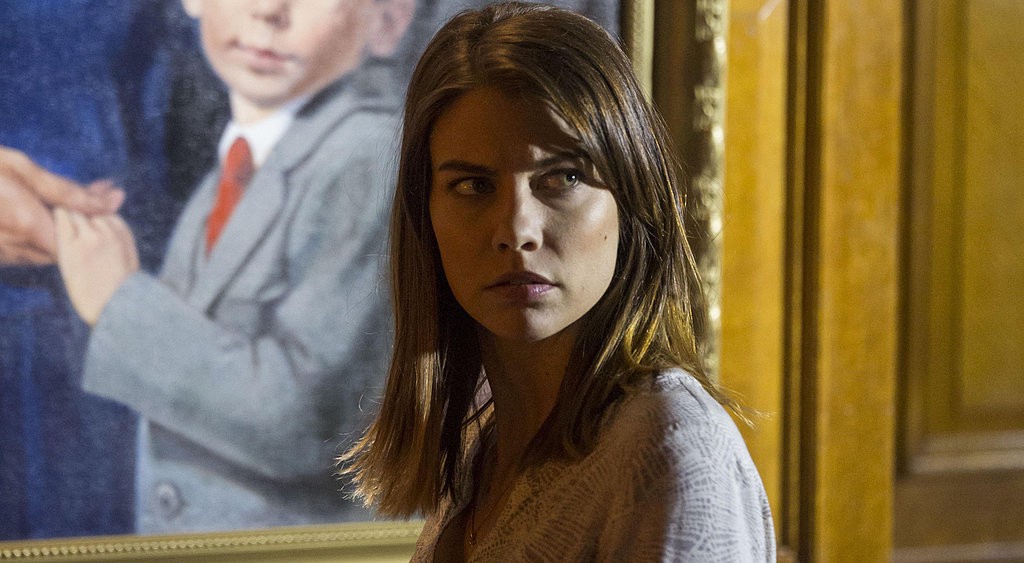
Women in horror movies get a bad rap.
Don’t get me wrong — the majority of horror films in existence today are insulting to all female and female-identifying humans, with their hyper emphasis on feminine “purity,” and protagonists whose incompetency is only cured by the killing of the viable male hero.
But what other genre has it embedded within itself to regularly feature an independent female character who has to save herself? Isn’t that what we are advocating for when we say we want to see more “strong, female characters?”
There are lots of great think pieces on the “final girl” trope, and whether or not it is a good representation of women in cinema — like this one, this one, or this one. Even with this ongoing discussion, there seems to be relatively little consensus that the new wave of female-centric horror regularly provides a starved industry with capable women protagonists. In a time where a site like Women and Hollywood needs to exist to advocate for gender parity in the film industry, we cannot afford to ignore an asset like this.
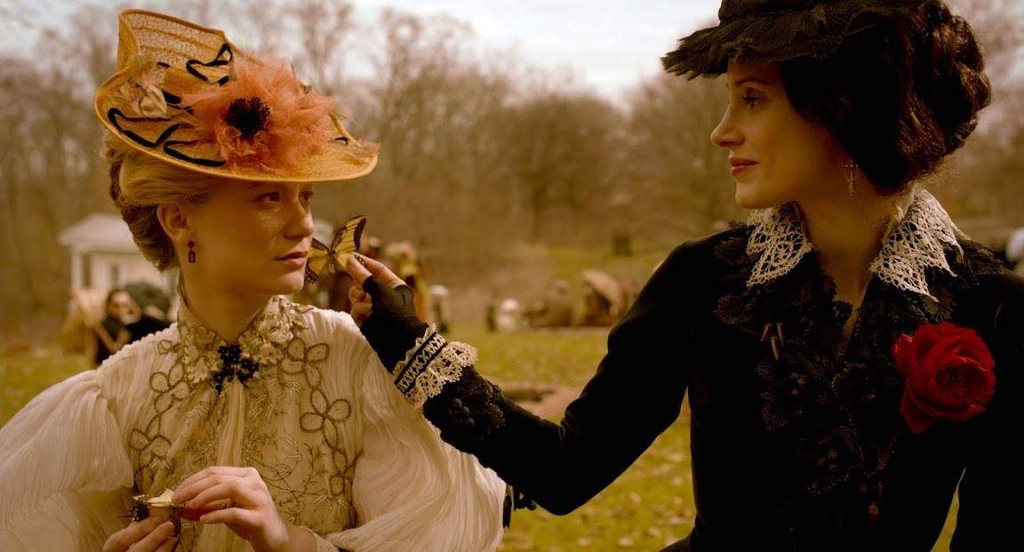
For those who aren’t familiar, the final girl, as defined by Carol J. Clover in “Men, Women & Chainsaws: Gender in the Modern Horror Film,” is “a trope in thriller and horror films (particularly slasher films) that specifically refers to the last woman or girl alive to confront the killer, ostensibly the one left to tell the story.” In the 80s, the final girl’s claim to power was largely contingent upon her abstaining from drugs and, most importantly, sex. The “Scream” franchise directly played with this idea.
Final girls, within the last 10 to 15 years, however, are not held back by these ideas — there is usually a sex scene or two, and sometimes there’s drug use. More importantly, these women are often financially and emotionally independent. And yet, we still make it to that final moment in which, as Erik Pipenburg writes for the New York Times, “Her friends are dead; she looks like hell; the guy with the knife won’t let up. Meet the final girl.”
To be sure, horror films are well known for their disparaging representations of women — look no further than the genre’s hay-day, which includes cult favorite franchises such as “A Nightmare on Elm Street,” “Friday the 13th,” and “Halloween.” The “final girl” trope is the keystone of all of these films and their counterparts, but it has evolved from a superficial placeholder to become a legitimate space for smart and independent women characters.
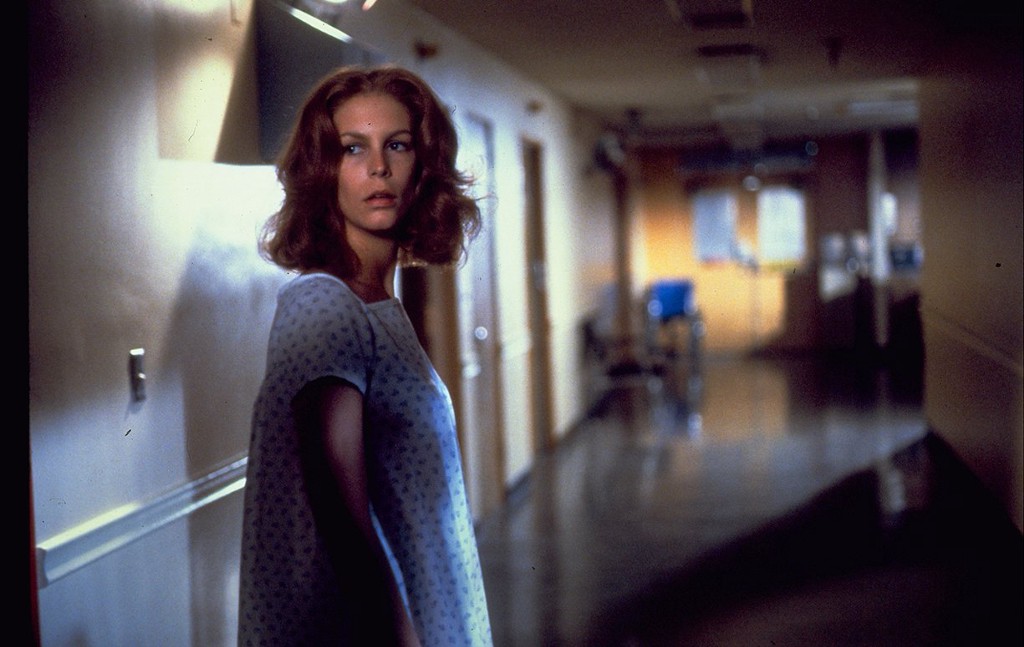
In the newsletter Women and Hollywood compiles of female-centric films each week, I am surprised by how often I find myself adding horror films, the supposed least female-friendly genre. So in our outcry for more strong female characters, why are we ignoring horror films?
One interesting blog post, “How horror films continue to insult women through the final girl trope,” says that “[The final girl] will avoid social norms and is extremely distinguishable from the rest of the cast, as she does not venture into the world of ‘adult life.’ Stuck in a pre-pubescent state, she lives her life responsibly and focuses on her education instead. On the surface, the final girl is a vision of female empowerment.”
Well there’s that, and also, how many of these female-centric horror films are directed by or written by women? The answer is not many; almost none. There is some movement to change this — there’s an all female-helmed horror anthology film in the works, “Xx,” that will include work from heavy hitters such as Karyn Kusama and Mary Harron. Unfortunately this one film isn’t nearly enough to negate the fact that the majority of horror filmmakers (and filmmakers in general) are men.
The pitfalls of women-centric horror films are hard to ignore — and yet I can’t help but cheer when a woman takes up the charge to defeat the monster/killer, save herself, and whoever else she manages to rescue form danger (usually the boyfriend, but he’s not always salvageable).
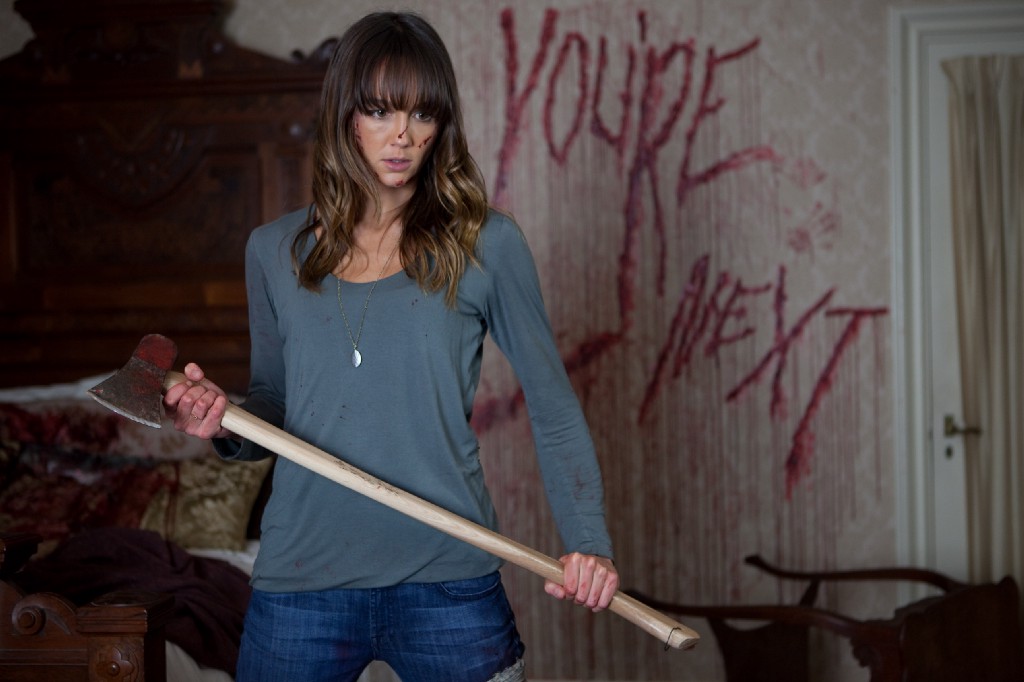
Advocating for more and better representation for women in the movie industry at this point means pushing for the bare minimum. Women had just one third of all speaking roles in Hollywood films last year. For mainstream horror, there aren’t any official numbers, but there seems to be more women starring in these films compared to other genres — and especially as more capable female characters at that.
Mainstream horror films starring women from the past 15 years have been plentiful. There’s “The Witch,” “The Boy,” “The Forest,” “Mama,” “The Vatican Tapes,” “You’re Next,” “Annabelle,” “It Follows,” to name a few. The number of female protagonists only increases the more you move away from mainstream horror and into straight to VOD: “Hush,” “The Taking of Deborah Logan,” “Kristy,” “Final Girl,” “Honeymoon,” “At The Devil’s Door,” “Last Shift,” “Visions,” “Come Back To Me,” “American Mary,” “The Babadook,” “Bound To Vengeance,” “The Pact,” “The Awakening,” “The Diabolical,” and “Return To Sender.” All star women, and all were made within the last three to four years. There are many films missing from this list, nearly all of which are subversive to the final girl trope and to constraining women’s roles in general. The regular placement of strong women in these films comes largely as backlash to the cringe-worthy history of the final girl trope.
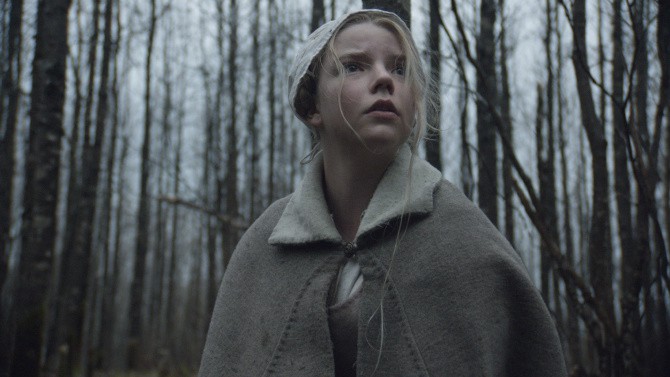
Horror films should be a regular part of the discussions of women in Hollywood and representation of complex women on screen. With so much potential for female-led story lines, we should also be encouraging more women to make horror. Scary flick filmmaker Stewart Thorndike addressed “Why Horror Is Good For Women” in her post on W&H: “It’s about time that more women make horror films. Films like Ana Lily Amirpour’s “A Girl Walks Home Alone at Night” and Jennifer Kent’s “The Babadook” are shaking up the brand and proving that horror isn’t just blood and cheap thrills.” Women-centric horror films have become spaces for addressing female-related fear: blood, pregnancy (“Rosemary’s Baby,” anyone?), and bodily autonomy.
Wherefore art thou, women of color? Now for the elephant in the room. Well, maybe it’s the elephant in the room for you, dear reader. For me, it’s more like the room itself. Female-centric spaces in horror have always been mostly reserved for white women. The history behind this is thick and extensive — but let’s, for sanity’s sake, consider the possibilities for women of color in the horror genre. The landscape isn’t entirely un-diversified, at least it wasn’t 25 years ago — hence this list of 10 horror films starring a black actress. Not very many come after 1998, though “Gothika” and “AVP: Alien vs. Predator” come to mind, as does “A Girl Walks Home Alone At Night.”
What happens when we start to put other kinds of women in this historically white space? Does the world as we know it end? Will we usher in the apocalypse? Judging from the unwillingness for Hollywood horror to engage, you would think so. Jordan Peele (of “Key & Peele”) is expected to release one of the first black protagonists in a horror film in over a decade in “Get Out.” However, there are no black women in sight in this project.
Consider the little known horror film “Venom,” made in 2005, and the ridiculousness of which is no longer streaming on Netflix. Can you tell I hate it? I hate it. Here’s why: The film follows a white character, Eden Sinclair, (Agnes Bruckner), though the story line would make much more sense if it starred its black character, Cece (Meagan Good).
“Venom” is about the release of a big scary monster from a box of voodoo mojo. Cece is not the central character, though it is her grandmother that releases said monster, and she is the only one left who knows her grandmother’s magic to put the monster back to rest. The film is so intent on centering on Eden’s character though, that it is willing to offer a jumbled up story line: if the monster is indestructible to anything but voodoo magic (the entire premise of the film), how in the world is Eden able to kill it with old-fashioned violence?
Add this to the fact that they kill off Cece’s character, because if she saved the day like only she could have, she would have been the star. How often do black characters make it to the end of horror films? You should have seen that coming. In any case, “Venom” is my go-to example of the horror film industry’s tight grip on the white final girl. It’s one case where it so obviously made sense that the protagonist would be a black woman, but the film refused.
For now, as with most conversations about disrupting oppressive structures in media, we support what little diversity we have while advocating for more. For some of us, this means making projects of our own, like my female-centric horror comedy, “Afterbirth.” For all of us, it should mean not excluding a major selection of female led films — which hopefully provides a gateway for other kinds of diversity within the horror genre, and eventually throughout the film industry.
But as blogger BJ Colangelo suggests in her post, perhaps the the best way to ensure true women’s equality on screen is something else entirely: “Women are dynamic and complex, and it’s annoying hearing [horror] films praised for featuring a ‘strong female character,’ or thinking they get a female representation pass because they have a final girl. If we want to change the face of horror and create interesting stories for female characters, we need to … kill the final girl.”
Either way, the only place you can find such a character, whether we like her or not, is in horror films.
